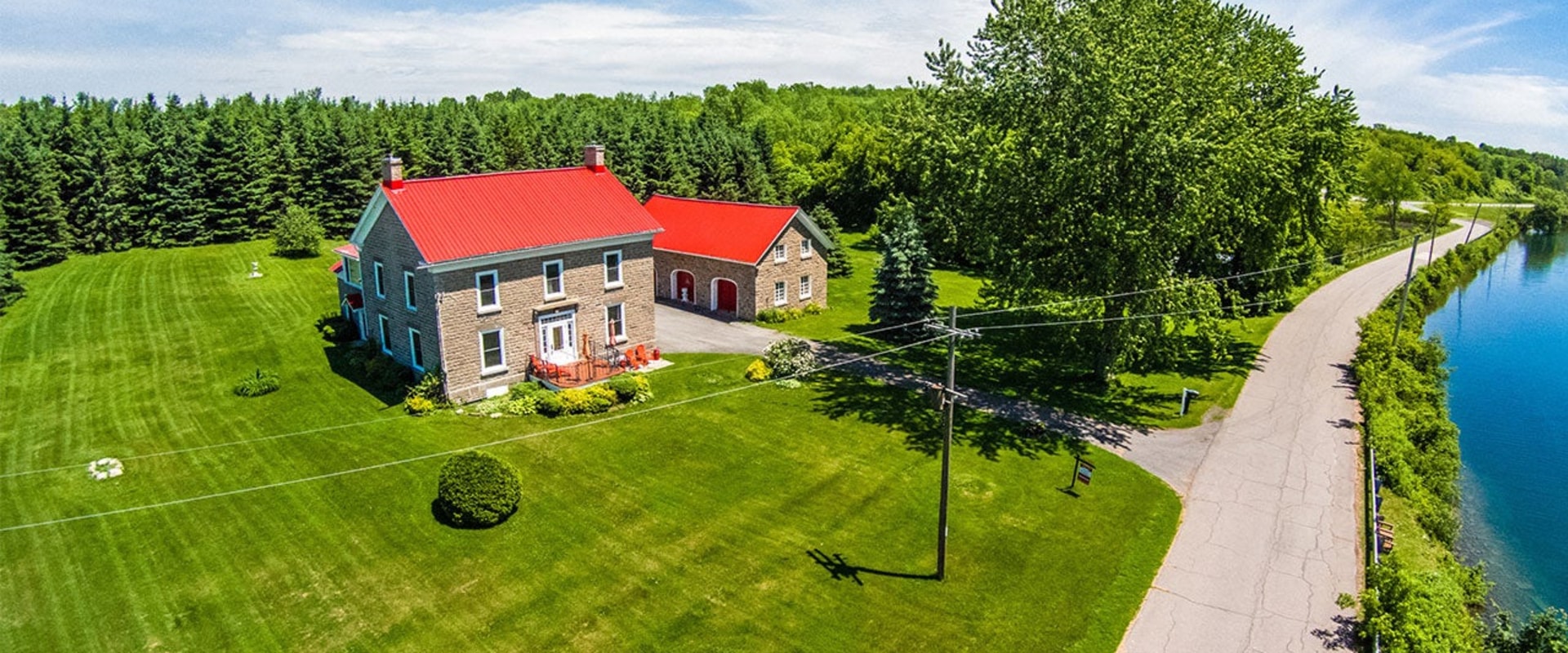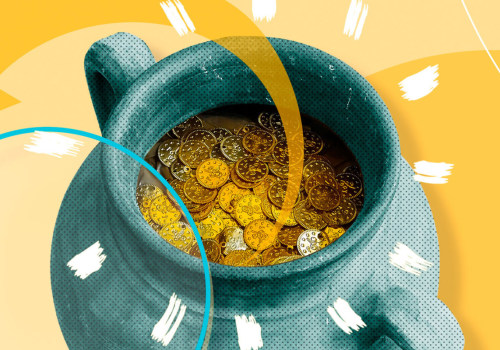Home Equity Loans When you get a home equity loan, your lender will pay a single lump sum. Once you have received your loan, you start repaying it immediately with a fixed interest rate. This means that you will pay a fixed amount every month for the term of the loan, whether it is five or 15 years. You can withdraw your home equity in several ways.
They include home equity loans, home equity lines of credit (HELOC), and cash-out refinances, each of which has benefits and drawbacks. A home equity loan can be a second loan for your home. So you keep the first mortgage and take out another mortgage. You can do this in a lump sum or on a home equity line of credit, which is like a checking account in your home.
Lenders call these HELOCs for short. You only pay interest for what you get. Home equity loans can only be interest, but after 10 years you have to start paying the principal. You don't pay your loan unless you sell your house, move for more than 6 months a year, or die.
If you sell the property, you will use the proceeds from the sale of your home to repay the loan. Home Equity Loan Similar in structure to your main mortgage, this option might make sense if you don't want to refinance that loan. With a home equity loan, you take out a home equity loan and receive a lump sum of money that you have to pay back each month within 15 years. The interest rate is usually fixed, but it is usually higher than that on your main mortgage.
Some people use home equity loans to consolidate high-interest unsecured debts and withdraw general payments. However, keep in mind that refinancing your mortgage for a shorter term will increase your monthly payments, so make sure you can cover the additional cost every month before you refinance. Home equity loans are amortized at the beginning and each payment is divided between interest and principal (in the same way as a principal mortgage). Cash Out Refinance If you have substantial equity in your home, a cash out refinance allows you to repay your current mortgage by refinancing it to a larger amount and taking the difference in cash.
Figuring out how much you can use for a down payment is a big step in understanding how you're going to build equity in your home. Develop a plan that addresses why you want to withdraw equity from your home and how and when you will return it. Most terms range from five to 20 years, but it can take up to 30 years to repay a home equity loan. The key is to make sure you borrow at the lowest possible interest rate and keep in mind that borrowers who fail to repay these loans may lose their homes in foreclosure.
You can also use that capital to pay for major home improvements, help consolidate other debts, or plan for retirement. For example, if you currently have a 30-year mortgage, consider switching to a 12-year mortgage so you can pay off your mortgage sooner and, at the same time, build up equity. That means that more of each monthly payment goes toward the principal payment of your mortgage, which increases your principal. Your home equity increases as you pay your mortgage and when the value of the property increases.
Your equity may also fall if the value of your home falls at a rate faster than the rate at which you are paying your principal balance on your mortgage. If you want to accumulate capital faster, you can always pay more than you demand each month. You pay this loan in monthly installments, with interest, while you continue to make normal payments on your original mortgage. .





